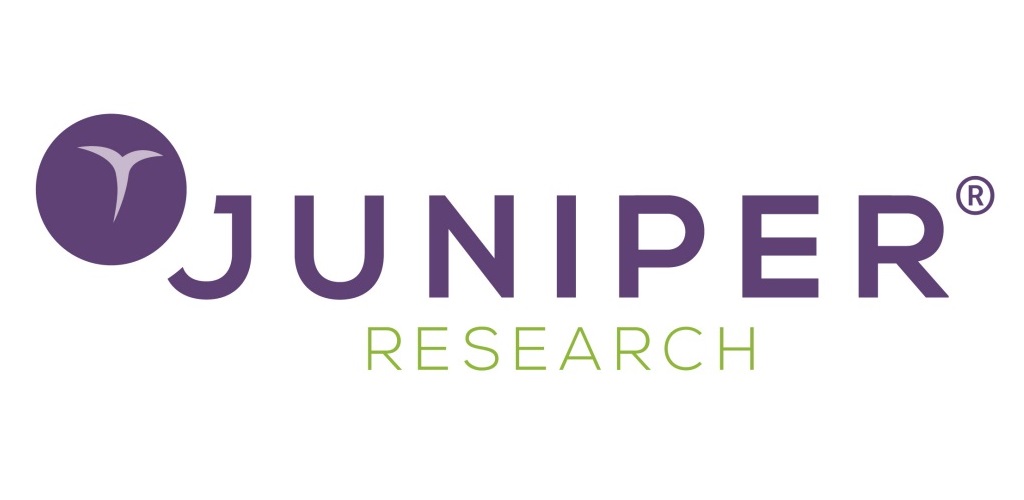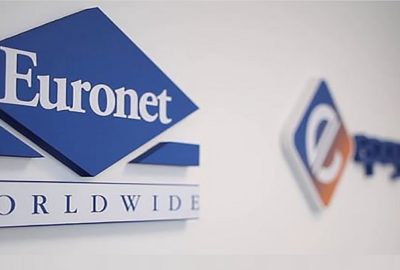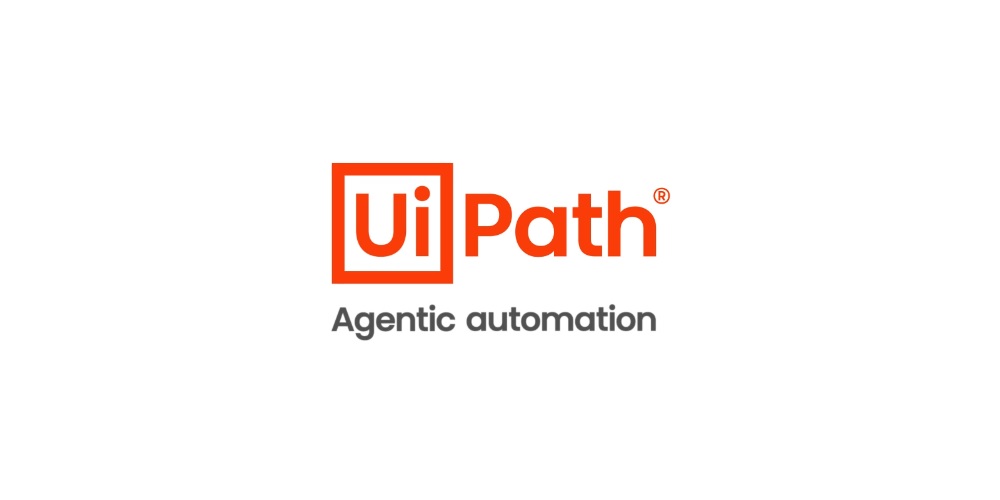Antitrust: Commission makes Visa Europe’s commitments to cut interbank fees for debit cards legally binding
 9 December, 2010 – The European Commission has made legally binding commitments offered by Visa Europe to significantly cut its multilateral interchange fees (MIFs) for debit card payments. The MIF is a bank-to-bank fee for card payments that is collectively fixed by Visa Europe’s member banks, but is ultimately paid by consumers.
9 December, 2010 – The European Commission has made legally binding commitments offered by Visa Europe to significantly cut its multilateral interchange fees (MIFs) for debit card payments. The MIF is a bank-to-bank fee for card payments that is collectively fixed by Visa Europe’s member banks, but is ultimately paid by consumers.
Under the commitments, the maximum weighted average MIF applicable to debit card cross border transactions and to national debit transactions in those countries where MIFs are set directly by Visa Europe will be cut to 0.2% of the value of the transaction. This represents a reduction of about 60% on average for domestic MIFs and 30% for cross-border MIFs.
Furthermore, Visa Europe committed to maintain and further develop measures which will increase transparency and competition in the payment cards markets. The Commission considers that the offer is suitable to remedy the competition concerns and closed part of its investigation through a commitments decision according to Article 9 of Regulation 1/2003 (the Antitrust Regulation).
Commission Vice-President in charge of competition policy Joaquín Almunia commented: „Lower inter-bank fees will trigger real benefits for merchants and consumers whilst more transparent rules will also improve competition in the cards markets.”
The Multilateral Interchange Fees are collectively determined and charged between banks for each payment made with a debit card. These fees are integrated in the price that banks charge to merchants for handling a transaction and therefore entail a cost that merchants integrate in the price of the goods or services they sell to consumers. The fees at stake concern Visa debit card transactions, which are payment card transactions that are debited from your bank account immediately after a purchase is made.
In April 2009, the Commission sent a Statement of Objections to Visa Europe (see MEMO/09/151) setting out its preliminary view that Visa Europe’s MIFs harmed competition between merchants’ banks, inflated merchants’ costs for accepting payment cards and ultimately increased consumer prices. Moreover, rules and practices such as the „Honour All Cards Rule”, „no surcharge rule”, blending of merchants’ fees, and restrictions on cross-border acquiring reduce merchants’ ability to manage their payment costs and thereby may increase the restrictive effects of the MIFs. In the Commission’s preliminary opinion, such restrictions of competition were in violation of EU antitrust rules (Article 101 of the TFEU).
In response to the Commission’s objections, Visa Europe committed to reduce the maximum weighted average MIF for consumer debit cards for cross-border transactions and national transactions in a number of EEA countries to 0.20% of the transaction cost. This reflects the application of the „merchant-indifference methodology”, which seeks to establish the MIF at a level at which merchants have no preference whether a payment is made with a Visa Europe debit card or with cash. Based on studies conducted by the central banks of several EEA countries, the Commission is of the view that the MIF rate proposed by Visa Europe is consistent with the merchant indifference methodology. The proposed maximum weighted average MIF may be modified if reliable new information comparing the costs of cards to the costs of cash becomes available. In particular, the Commission will carry out a study on this issue. Like other stakeholders, Visa Europe will be consulted on the methodology to be applied in the study and its scope. The proposed reduction is in line with MasterCard’s fee reductions in April 2009 (see IP/09/515).
The countries that will benefit from the domestic MIF reduction are those European Economic Area countries where the MIFs are set by Visa Europe rather than by local banks associations. When the commitments were proposed the countries concerned were Greece, Hungary, Iceland, Ireland, Italy, Malta, Sweden, Luxembourg and the Netherlands1. However, during the lifetime of the commitments the list of countries concerned by the commitments could change, for example if Visa becomes responsible for setting the MIFs in other EEA countries.
Visa’s commitments also provide for the unblending of merchant fees, the registration and publication of all MIF rates, the full visibility and the electronic identification of commercial cards, the unbundling of acquirers, and the possibility for merchants to freely choose to accept VISA, VISA Electron, or VPAY debit cards. These measures will increase transparency and competition in the payment cards markets and therefore constitute an important complement to the proposed MIF reduction.
These commitments will be binding on Visa Europe for four years and will be monitored by a trustee. The Commission may re-assess the competitive situation on the market after the commitments have expired.
This decision does not cover MIFs for consumer credit and deferred debit card transactions which the Commission will continue to investigate. The proposed commitments are also without prejudice to the right of the Commission to initiate or maintain proceedings against Visa Europe’s network rules such as the „Honour All Cards Rule”, the rules on cross-border acquiring, MIFs for commercial card transactions, and Inter-Regional MIFs.
Background
The Commission decision, based on Article 9 of Regulation 1/2003 on the implementation of the EU competition rules, takes into account the results of the market test launched on 28 May 2010 (see MEMO/10/224). It does not conclude whether there has been an infringement of EU competition rules. It legally binds Visa Europe to the commitments it has offered and ends the Commission’s investigation as regards Visa Europe’s MIFs for debit card transactions. If Visa Europe was to break the commitments, the Commission could impose a fine of up to 10 percent of the company’s total annual turnover without having to prove a violation of the EU competition rules.
The non-confidential version of the decision will be available on the Competition website under the case number 39398 once any confidentiality issues have been resolved.
In the Luxembourg and the Netherlands only Visa prepaid cards are currently issued. Prepaid cards are payment cards on which a certain amount of money is loaded in advance. They differ from other debit cards which are normally linked to the cardholder’s bank account.
Source: European Commission
Dariusz Mazurkiewicz – CEO at BLIK Polish Payment Standard
Banking 4.0 – „how was the experience for you”
„To be honest I think that Sinaia, your conference, is much better then Davos.”
Many more interesting quotes in the video below:










